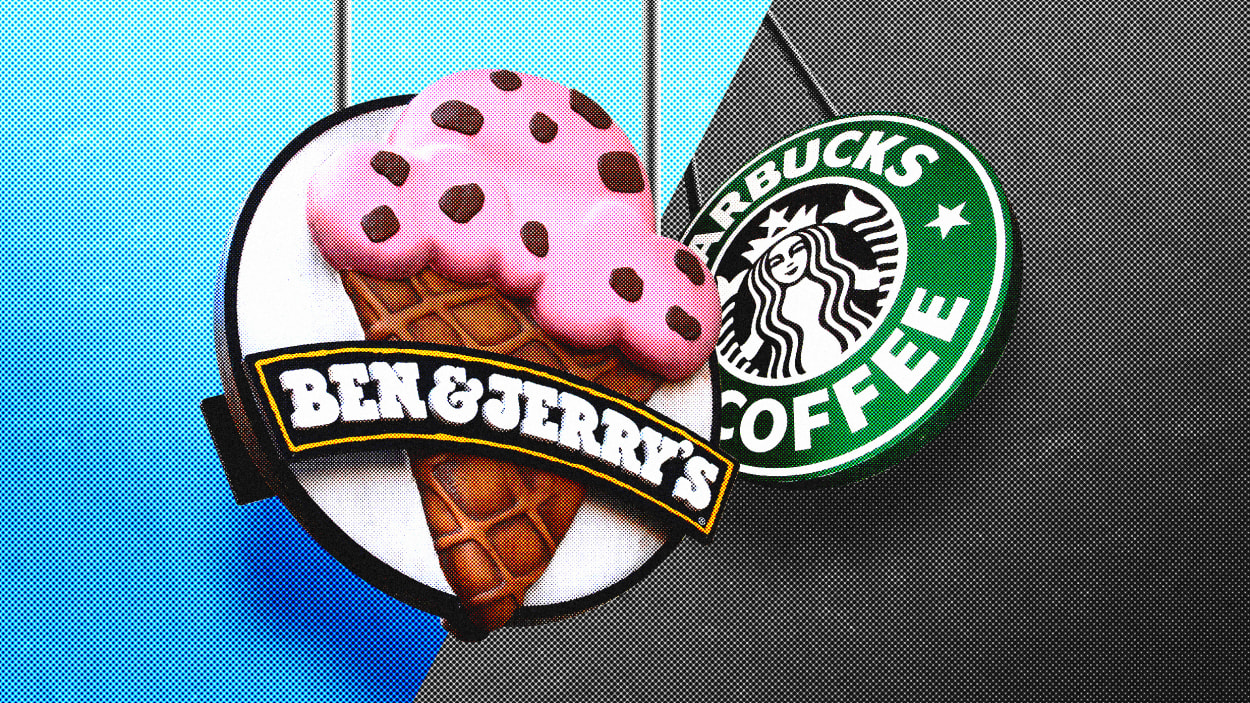Measuring and tracking the link between culture and performance may seem to you like a quest for the Holy Grail. Especially now, as many companies are undergoing culture transformations, the need to assess your culture is critical – but remains elusive to most.

Starbucks. REI. Trader Joe’s. Apple. Ben & Jerry’s. All of these companies have two things in common: They have built their brands, to varying degrees, around some version of “progressive” values. And all of them have employees who are currently in the midst of union drives. These two things are related. In fact, this combination represents the near-term future of organized labor in America.

Despite everyone’s busy schedule, some people seem to manage it effortlessly.
They are happier for one thing. According to research, happiness makes people 12% more productive. However, highly productive individuals also have very specific habits.
Building a cult brand is not only about creating a strong product or service, but also about fostering a positive company culture where employees thrive and contribute to the brand’s success. In this article, we will delve into seven reasons why focusing on a positive company culture is vital for leaders seeking to create a cult brand.

The most sought-after influencers for many DTC brands might just be local doctors.
That’s the case for vitamin brand Perelel, which taps into its network of medical practitioners to recommend products to their patients and hand out samples.

Author Derek Thompson argues that ‘workism’ increases academic anxiety among children, worsens economic anxiety among adults, and creates a ‘leaky’ workday in which people feel compelled to work at all hours of the day.
Read More
Witold Henisz, vice dean and faculty director of Wharton’s ESG Initiative, has been leading research on environmental, social, and governance factors long before ESG became a trending topic.
Read More
Edward Meyer, the longtime chairman and CEO of Grey Global Group died peacefully at home Tuesday in New York at the age of 96, according to an obituary issued by his family.

Preparing for the CEO role can be a challenge and a reward. These eight lessons drawn from more than 300 McKinsey Leadership Forum participants and the CEOs who advise them will benefit any top executive or aspiring CEO.





